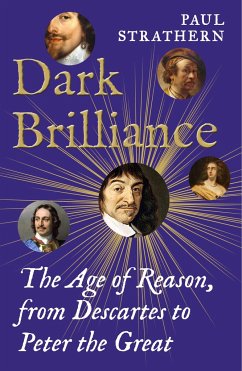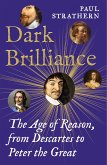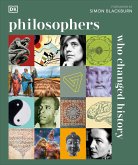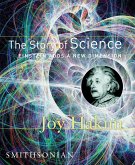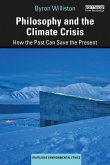A sweeping history of the Age of Reason, which shows how, although it was a time of progress in many areas, it was also an era of brutality and intolerance, by the author of The Borgias and The Florentines. During the 1600s, between the end of the Renaissance and the start of the Enlightenment, Europe lived through an era known as the Age of Reason. This was a revolutionary period which saw great advances in areas such as art, science, philosophy, political theory and economics. However, all this was accomplished against a background of extreme political turbulence and irrational behaviour on a continental scale in the form of internal conflicts and international wars. Indeed, the Age of Reason itself was born at the same time as the Thirty Years' War, which would devastate central Europe to an extent that would not be seen again until the twentieth century. The period also saw the development of European empires across world and a lucrative new transatlantic commerce began, which brought transformative riches to western European society. However, there was a dark underside to this brilliant wealth: it was dependent upon mass slavery. By exploring all the key events and bringing to life some of the most influential characters of the era, including Caravaggio, Rembrandt, Newton, Descartes, Spinoza, Louis XIV and Charles I, Paul Strathern tells the story of this paradoxical age, while also counting the human cost of imposing the progress and modernity upon which the Western world was built.
Hinweis: Dieser Artikel kann nur an eine deutsche Lieferadresse ausgeliefert werden.
Hinweis: Dieser Artikel kann nur an eine deutsche Lieferadresse ausgeliefert werden.

